iPhone data use measured, carriers want Apple to pay for network upgrades
Study finds heavy bandwidth use for iPhone 4, Android users
Arieso, a company that specializes in optimizing mobile networks, released a study on Wednesday that shows iPhone 4 owners use considerably more bandwidth on their handset than the more than two-year-old iPhone 3G.
The study found that iPhone 4 owners make 44 percent more data calls than those with an iPhone 3G. They also download 41 percent more data, and spend 67 percent more time connected to their wireless network.
The study used Apple's iPhone 3G as a baseline benchmark used to compare other, newer handsets in terms of bandwidth consumption. Arieso's tests found that devices running the Google Android mobile operating system used even more bandwidth than the iPhone 4.
In fact, Android handsets used more bandwidth than any other phones tested, including the BlackBerry Bold 9700. Android users scored highest in terms of data call volumes, time connected to the network, and data volume uploaded and downloaded.
Specifically, Samsung Galaxy users were found to upload 126 percent more data than the average iPhone 3G user. Those running the HTC Desire were also found to use 41 percent more data than the iPhone 3G.
Arieso's study also found that voice calls per subscriber are roughly flat, regardless of what device they own. The company asserted that the findings suggest customers are using their devices first and foremost for data consumption, not phone calls.
The popularity of the iPhone and the large amounts of data its users consume have cased problems for AT&T's network in the U.S. The strains placed on the carrier have cased dropped calls and other issues that contributed to Consumer Reports readers ranking AT&T the worst carrier in a survey revealed this week.
In 2009, the data consumption of the iPhone and its effect on the AT&T network was profiled in The New York Times. That article famously referred to the iPhone as the "Hummer of cellphones," referring to the gas-guzzling vehicle.
Carriers want Apple to pay for network improvements
European wireless operators, including France Telecom SA, Telecom Italia Spa and Vodafone Group Plc, are promoting a new deal that would require content providers like Apple to pay fees linked to bandwidth usage.
According to Bloomberg, Stephane Richard, CEO of France Telecom, believes that companies like Apple, Google and Facebook are "flooding networks," and those companies have "no incentive" to help carriers cut costs. Richard and others believe that a system should be put in place to charge content providers based on usage.
Wireless executives in Europe believe it is unfair that companies like search giant Google, or Apple and its iTunes store, can serve data over their networks for free.
The overseas argument is similar to the "Net neutrality" debate that continues to wage in the U.S., where carriers like Verizon and AT&T, along with Google, have argued that mobile networks are fundamentally different from broadband, and should be free of any federal regulation. American carriers have also taken steps to cap data plans, as AT&T no longer offers unlimited plans to new customers.
The report also classified Apple as a "frenemy" to wireless carriers, as the iPhone maker is believed to be interested in an embedded SIM in its future handsets, allowing customers to choose between competing carriers and activate their device right from the Apple Store. However, it is rumored that Apple abandoned those plans after European carriers threatened to stop offering subsidies for the iPhone.
 Neil Hughes
Neil Hughes

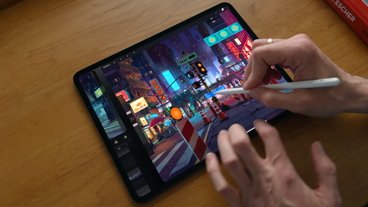
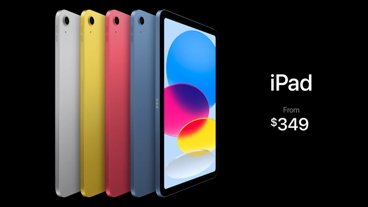

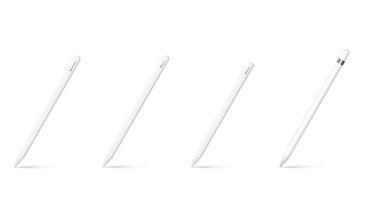






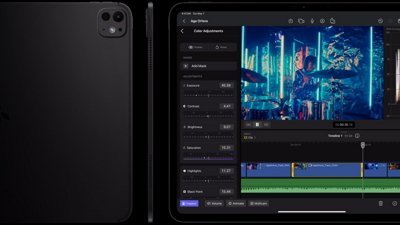
 Wesley Hilliard
Wesley Hilliard
 Mike Wuerthele and Malcolm Owen
Mike Wuerthele and Malcolm Owen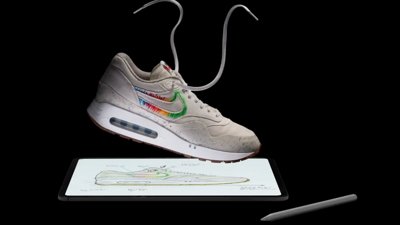
 William Gallagher
William Gallagher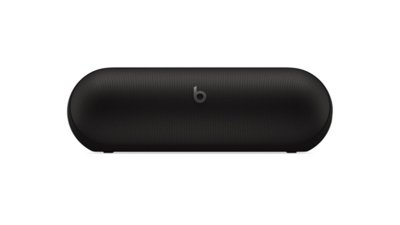
 Amber Neely
Amber Neely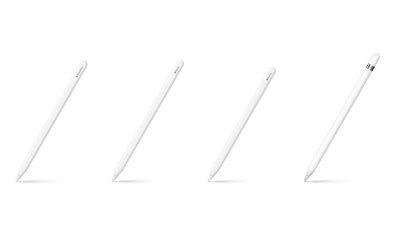
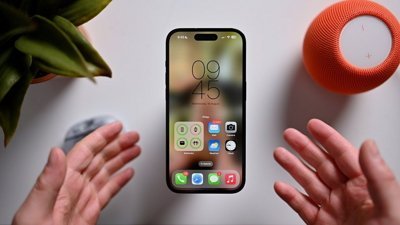
 Malcolm Owen
Malcolm Owen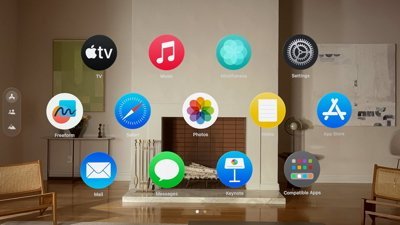

 Andrew Orr
Andrew Orr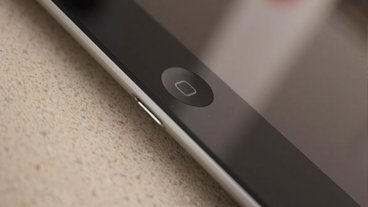
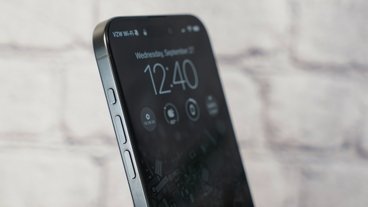







135 Comments
I’m sorry.
As a new study shows the iPhone 4 to be a bandwidth-consuming mobile device,
That is a truly unexpected thing for the study to show...
Aren't telecom's already charging customers for some form of capped usage (minutes, bytes, messages, etc.)? How do they justify wanting to be paid twice for the same service?
If their networks can't handle the service, they probably shouldn't be selling it.
According to carriers, part of what we pay for service goes to cover network upgrades, that's their defense for charging so much. Now they want handset manufacturers to pay for it too? Sounds like they are trying to accomplish a little double-dipping.
Laptop computers with 3G cards can consume even more bandwidth. Will they start shaking down laptop manufacturers too?
This is why regulators need to step in with a very firm hand and put these companies on a very short leash. They should be regulated just like other public utilities who provide essential services.
Hmm, according to this Reuters article, it's Android that's the bandwidth hog AND Android is on more phones from more vendors, with better options and more price points appealing to more people, especially men who are more tech savvy, with women preferring the iPhone more.
http://www.reuters.com/article/idUSTRE6B721X20101208http://www.appleinsider.com/articles...sen_finds.htmlGuess it's both, time to build some new infrastructure and people needs jobs, especially in the construction industry.